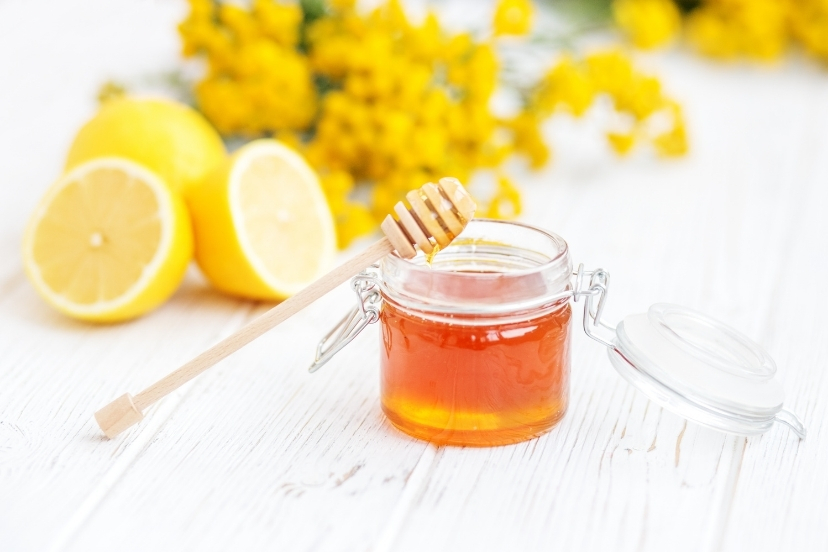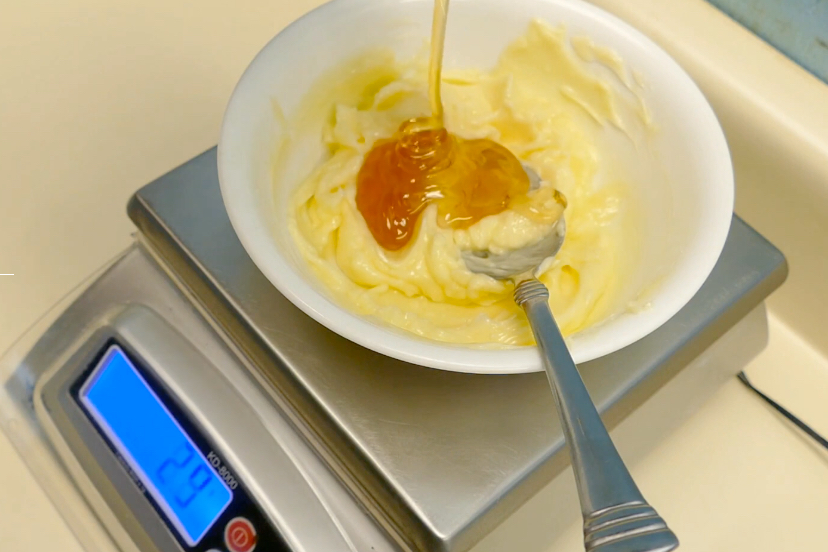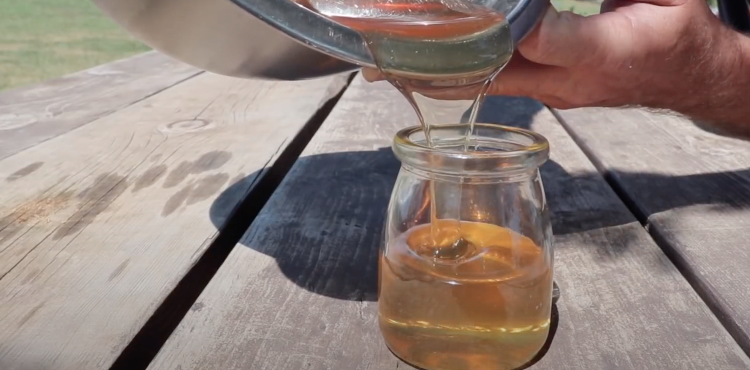Among the many natural antibiotics that nature provides, honey may soon be considered to be one of the very most important.
The natural antibiotic properties of honey have been known for thousands of years.
In modern times, though, mainstream medicine has virtually ignored the use of honey as a natural antibacterial agent.
But that attitude is changing, and it’s changing fast.
It’s Nothing New…
There are records indicating that honey was used as an antibiotic by the ancient Egyptians as far back as 4000 years ago.
They didn’t know, of course, about bacteria. But they did know that honey helped to heal.
During the American Civil War, wounds were commonly treated with a mixture of cayenne pepper and honey. The pepper helped to staunch the bleeding, and the honey helped to prevent infection.
Honey continued to be widely valued for its natural antibacterial properties until World War II.
But with the discovery and widespread use of modern antibacterial drugs, the use of honey for healing became largely relegated to folk medicine and alternative healing methods.
What’s Old is New Again
After thousands of years of being esteemed for its healing properties, and a few decades of being virtually ignored by medical science, honey is on the rebound as a valued healing agent.
The reason? Antibiotic resistant bacteria.
You’ve likely heard of the problem.
After decades of use and overuse, the antibacterial drugs we’ve relied upon for most of the last century are becoming considerably less reliable as bacteria have evolved resistance to these drugs.
In recent years, more and more of the pathogens that are responsible for some of the nastiest illnesses are becoming resistant to antibacterial drugs.
According to the U.S. Centers for Disease Control and Prevention, virtually every known bacteria type has developed at least some degree of resistance to antibiotic drugs.
In fact, the CDC considers the problem of antibiotic-resistant bacteria to be one of the world’s most critical health concerns.
Isn’t it somewhat ironic, then, that honey – so long ignored, discounted and disregarded by mainstream medicine – now offers hope in fighting one of the most critical of human health concerns?
Why Honey is so Effective
Honey – a sweet treat for you and me – is a deadly potion for bacteria.
And it’s primarily because of two specific properties of honey that a nasty little bacterium doesn’t stand a chance against it.
Due to its high sugar and low moisture content, honey has a hyperosmotic effect upon bacteria, killing them through desiccation. In other words, honey tends to suck the moisture right out of the nasty little bugs.
But it has also been found that honey produces small quantities of hydrogen peroxide.
Though hydrogen peroxide has long been known to be a very effective antibacterial agent, its effectiveness diminishes upon exposure to air or light.
Honey, though, produces hydrogen peroxide in a slow-release manner, and under the right conditions, will continually generate very small quantities of hydrogen peroxide. And the continuous presence of hydrogen peroxide is deadly to bacteria.
Scientists aren’t completely certain that they understand all of the ways in which honey exerts its antibiotic effect – there’s still some mystery there.
But the continuous presence of hydrogen peroxide, along with the osmotic effect of honey, are thought to be the primary reasons that honey is one of nature’s most valuable natural antibiotics.
Just How Effective is Antibacterial Honey?
Very!
Several recent studies have shown honey to be a more effective antibacterial agent than many of the drugs it was tested against.
In fact, in a 2009 study conducted at the University of Sydney, honey was the most effective antibiotic tested. It killed ALL of the bugs that it was tested against, one of which is resistant to 13 different antibiotic drugs!
Other studies have yielded similar results, and many additional studies are in progress.
And though it’s not yet known to what degree honey will contribute in the age-old fight against bacteria, it does appear certain that it will be a part of the modern antibacterial arsenal.
As one of her most effective natural antibiotics, honey is a healing gift that has been offered by Mother Nature for thousands of years. Modern medicine, though, has been a bit slow to accept her generous gift.
But fortunately, that appears to be changing.



